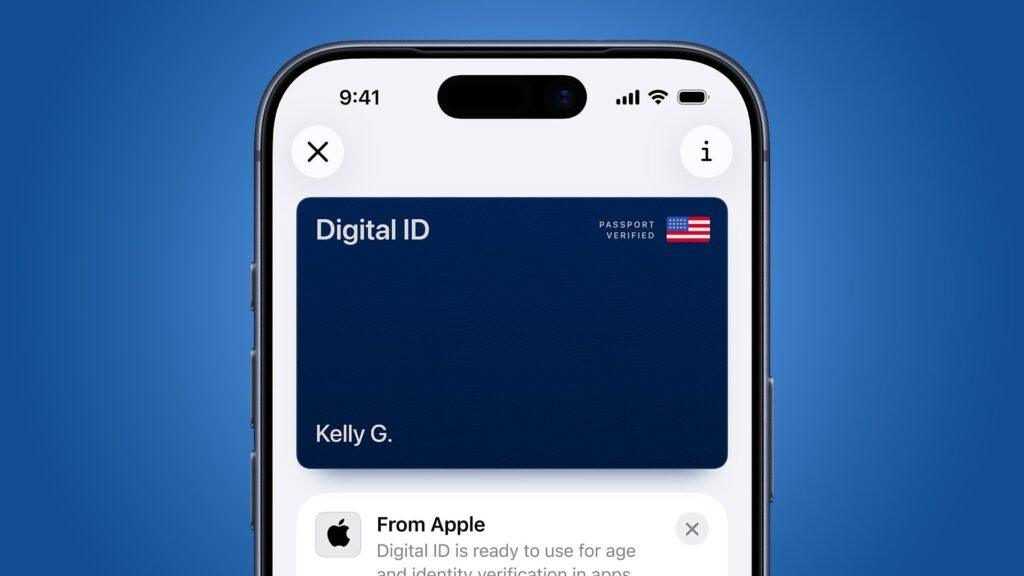- Apple has introduced a digital ID feature as part of its Wallet app
- The feature has received anti-privacy backlash.
- Some commentators are concerned about surveillance and data security.
Two days after Apple announced details of its new digital ID tool, online reactions are still divided.
According to Apple’s announcement, the tool is “a new way for users to create an ID in Apple Wallet.” For now, this US-only feature will allow users to present their passports via their phones at TSA checkpoints at more than 250 airports across the country.
Some commentators are excited about the convenience promised by Apple’s new tool. However, others are more suspicious, citing privacy and security risks.
The current debate reflects those occurring across Europe, where privacy advocates have He criticized the UK’s digital ID system and the EU’s EUDI Wallet initiative.
How Apple intends to protect user identification data
As is typical of any tool designed to handle highly sensitive personal data, two central themes are driving the current debate: potential government monitoring and the security of data on the device.
For its part, Apple promises to have taken a secure and privacy-preserving approach, including the use of encryption, such as that used by the The best VPNs and advanced measures to help prevent tampering and theft.
The big tech giant also ensures that passport data will only be stored directly on the device, which should ensure that no data is shared with the company. “Only the information necessary for a transaction will be presented,” Apple said.
Users can also use biometric authentication, such as Face ID or Touch ID, to ensure that only the owner can access or modify their digital ID data.
What privacy advocates say
Apple’s guarantees do not convince everyone in the field of cybersecurity.
According to Jason Bassler, privacy advocate and co-founder of The Free Thought Project, the move could normalize the abandonment of privacy for convenience.
Well, Apple just launched “digital ID.” The renunciation of privacy is about to reach dizzying speed. This is the first step of your digital strap, gift wrapped for your convenience. Once it is “normalized,” it is irreversible. So it is “optional”. Until it isn’t. pic.twitter.com/HUKsG0SsEXNovember 13, 2025
Other cybersecurity experts also took to LinkedIn to voice their concerns.
For example, Swiss InfoSec expert Jean-Paul Donner noted that “both law enforcement and hackers have tools to bypass iPhone security in certain cases.”
A consortium of technologists and digital rights groups, including the American Civil Liberties Union (ACLU), the Electronic Frontier Foundation (EFF), and the Center for Democracy and Technology (CDT), recently released a statement saying that “identity systems should be built without the technological capability so that authorities can track when or where the identity is used.”
So, is Apple’s infrastructure strong enough to ensure the necessary safeguards our identifying data deserves? For now, it is not clear.
TechRadar has reached out to several additional experts and organizations and will update this story as we hear back.
Follow TechRadar on Google News and add us as a preferred source to receive news, reviews and opinions from our experts in your feeds. Be sure to click the Follow button!




